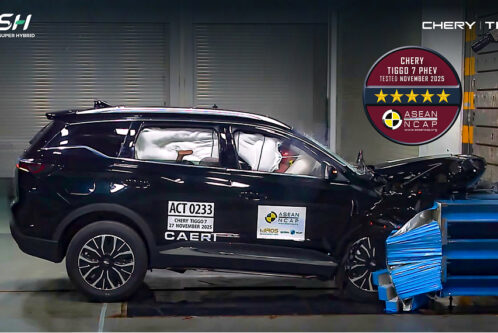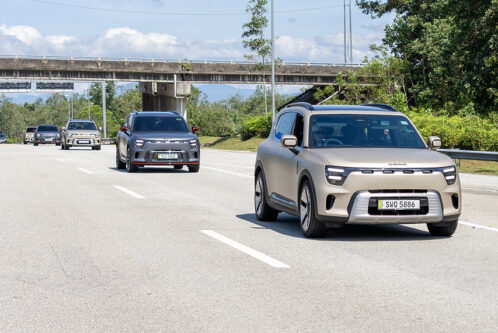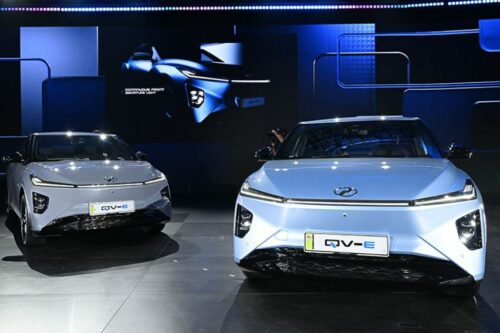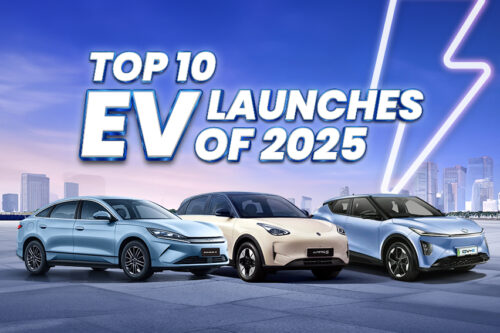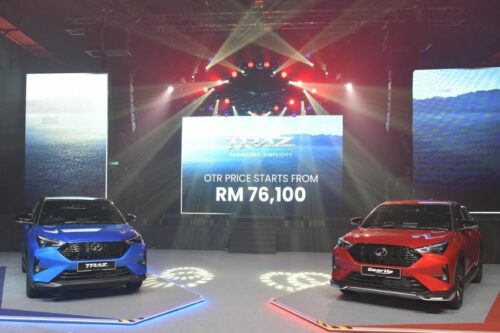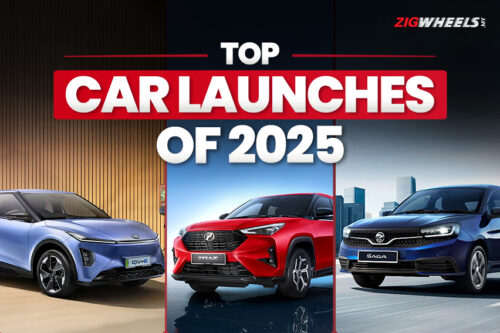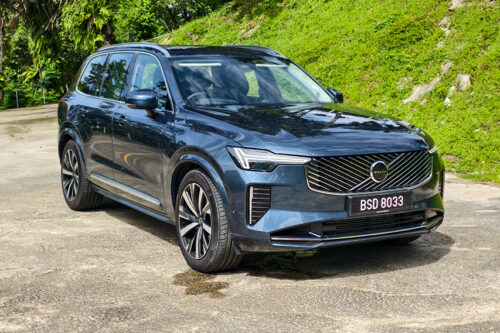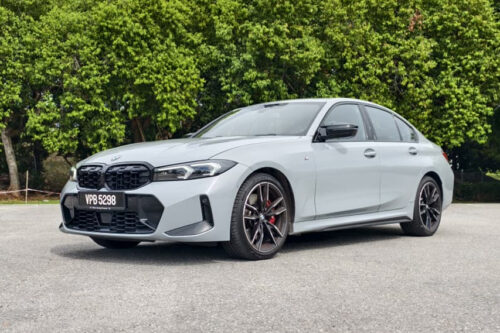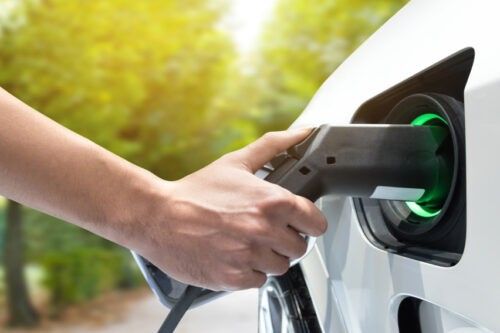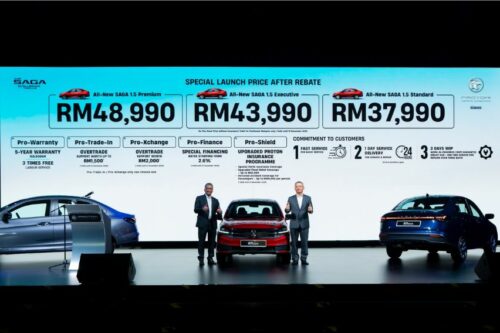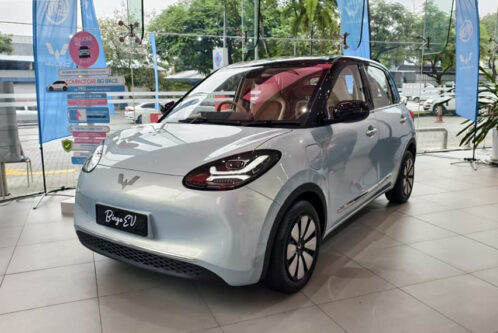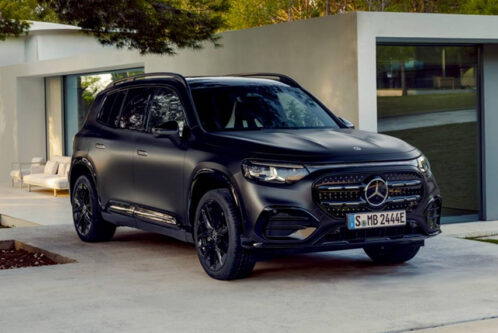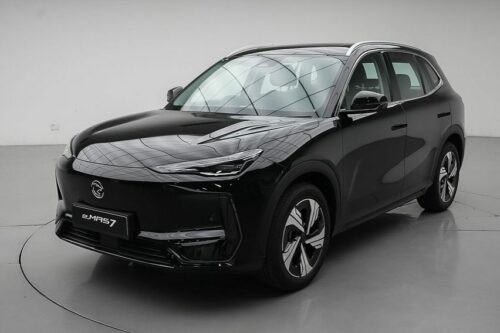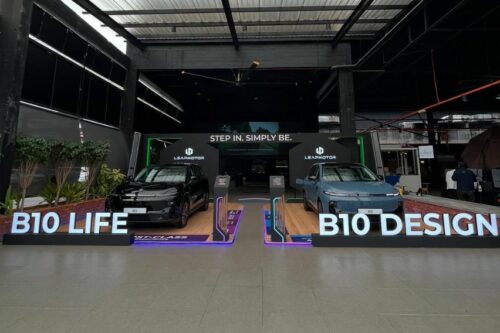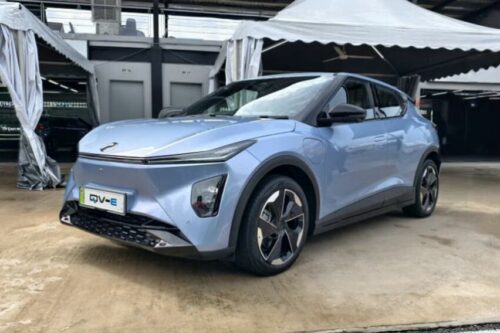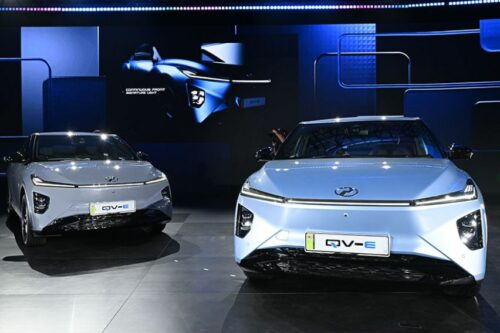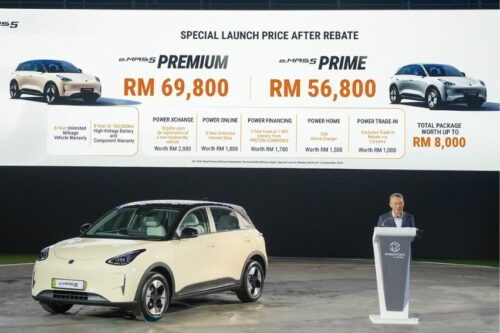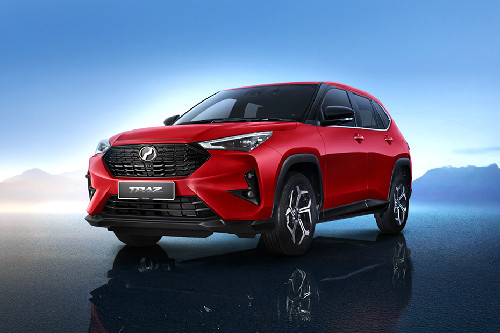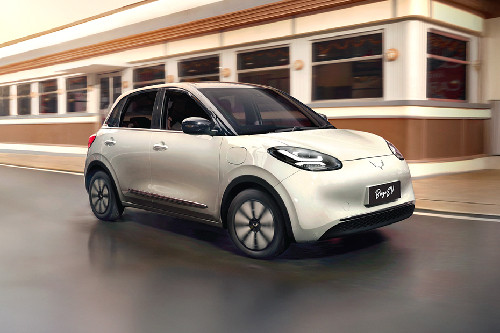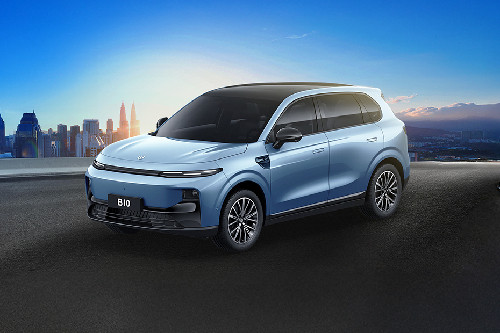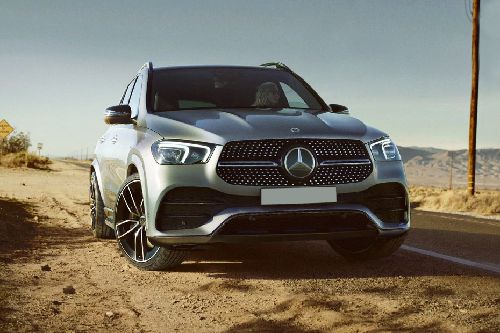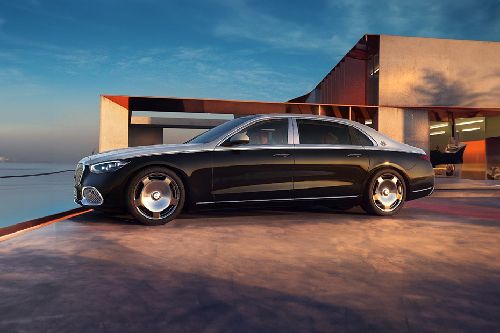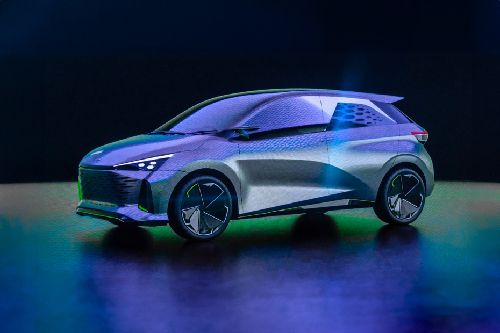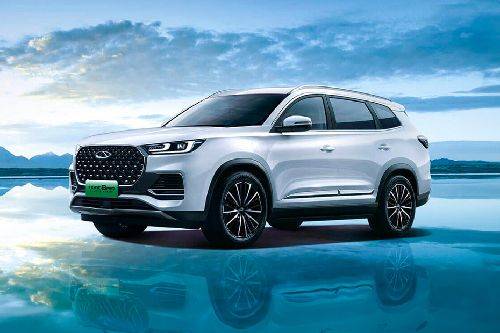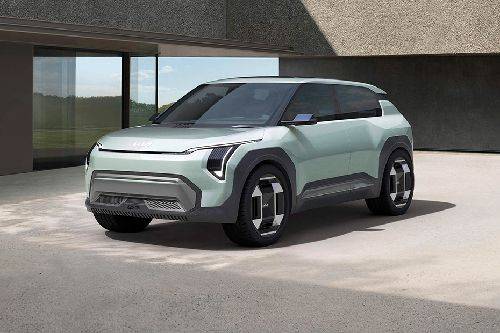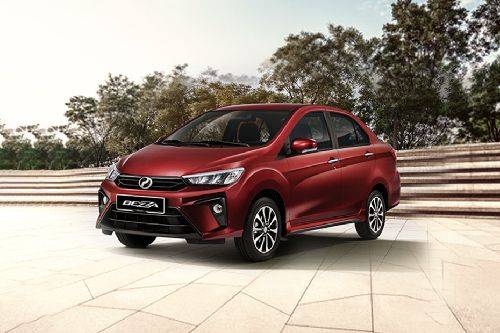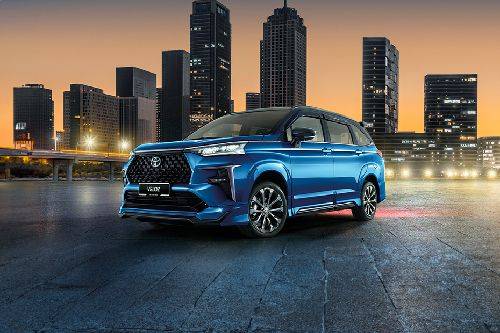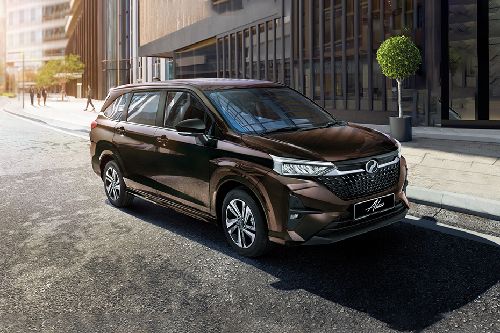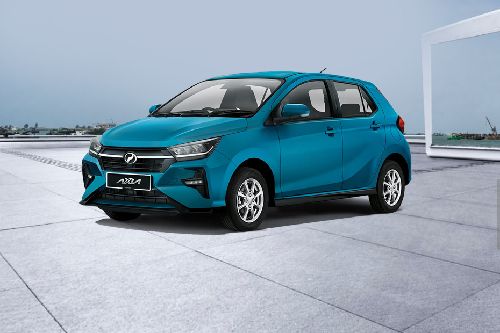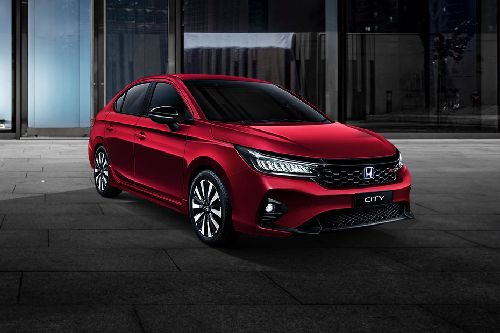Limitations of electric vehicles
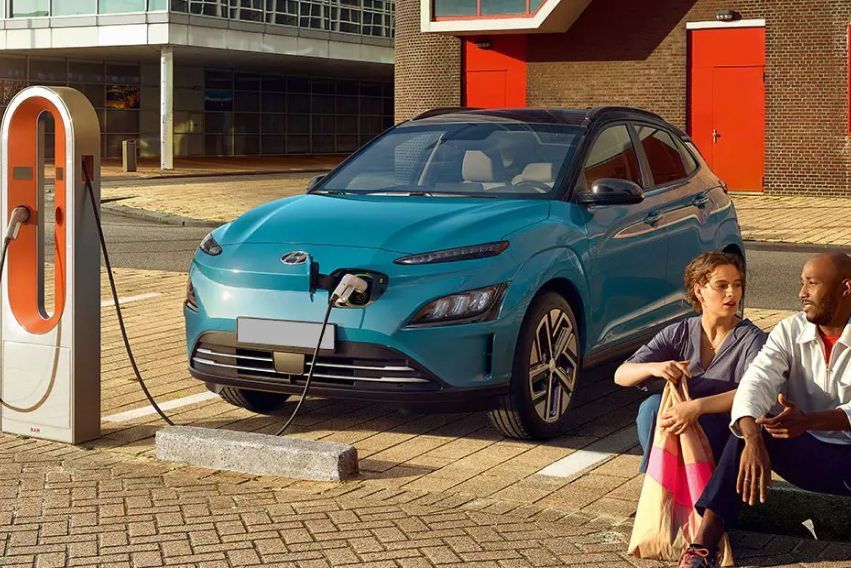
Although for buying an electric car or motorcycle you need to shell out more amount as compared to fuel-powered vehicles, the positives of EVs overshadow their negatives significantly. Electric vehicles save fuel expenses, maintenance costs, and also contribute towards a healthy environment. On the purchase of an electric vehicle, you can also get government subsidies/rebates for being environmentally conscious. We have already covered the advantages of electric vehicles in detail earlier, so today, we are going to discuss a few of the limitations of electric vehicles, have a look.
High buying cost
Electric vehicles are still new in the automotive industry and their buying cost is much higher as compared to fuel-powered vehicles. Even the affordable electric cars available in the local market are the Hyundai Kona Electric priced at RM 149,888 and Nissan Leaf priced at RM 181,263. If we look into the premium segment, the MINI Copper SE comes at RM 213,460, and for pure-electric BMW models, you need to shell more than RM 300,000.
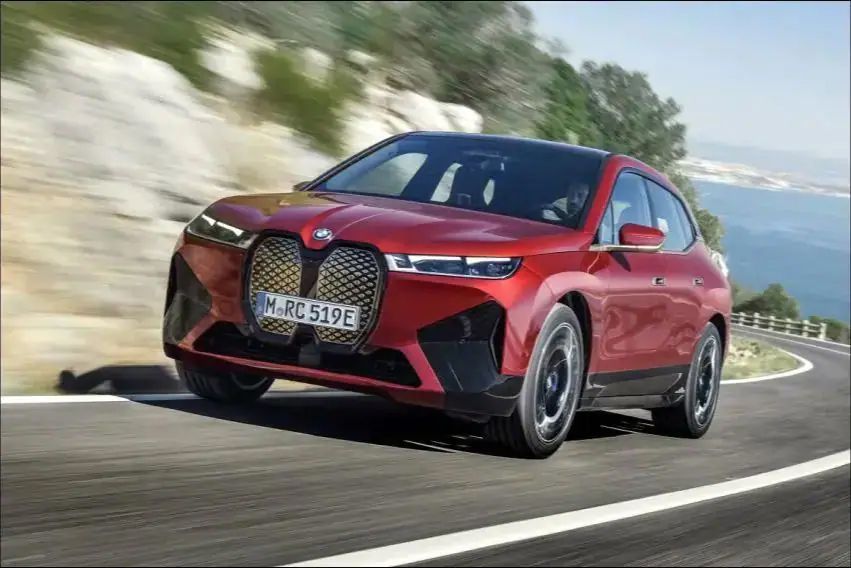
The EVs tend to be more expensive due to the cost of manufacturing the battery. Well, the battery companies are rigorously involved in bringing down the cost. Besides that, the recently announced rebates of the local government on the purchase of electric vehicles are likely to make electric vehicles more affordable in Malaysia soon.
Longer charging time
The ICE-powered vehicles take only two to three minutes for refilling the tank. On the contrary, recharging electric vehicles can take hours for a full charge. The time differs according to the model of the vehicle, the size of the battery pack, and the type of charger you use. With the help of fast chargers that are rated for higher wattage, one can charge the EV’s battery in less than an hour. However, the standard charging time ranges between six to eight hours. For those who drive less than the range of their EVs, this could not be a matter of concern, but it may be troublesome for those who drive long distances regularly.
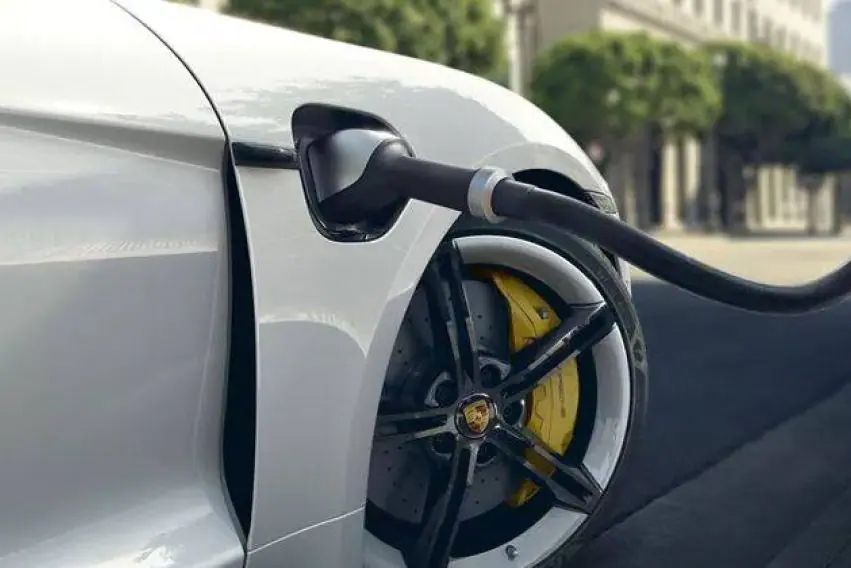
Lack of charging stations
As the EVs are new, it is obvious that the number of public charging stations is few at this point in time. A lot of places you visit on regular basis may not have any EV charging stations in nearby areas. You may also get into trouble if you are on a long trip or visiting someone in a suburban or rural area and you run out of charge. Well, this issue seems to be solved in the years to come as the industry is geared up to accelerate the growth of charging stations.
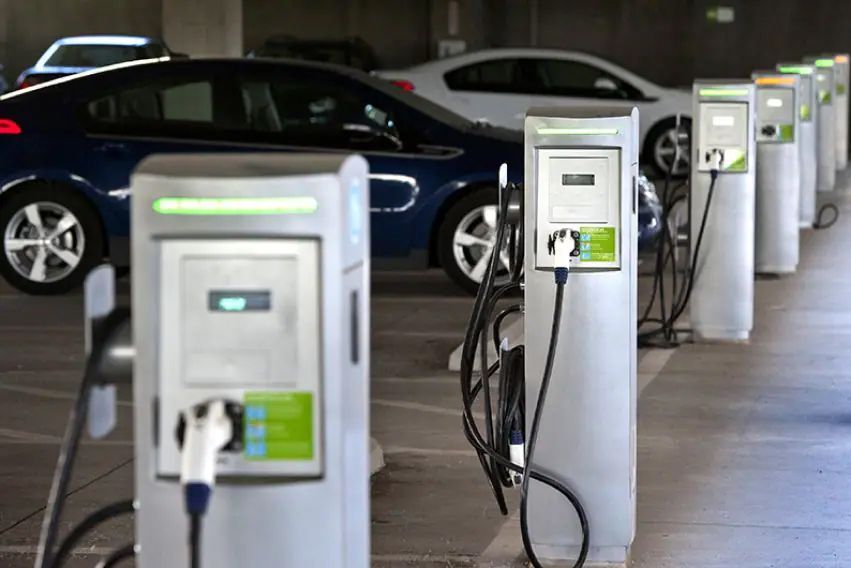
Limited driving range
This could be another drawback that you encountered while owning an electric vehicle. The driving range of electric vehicles is less than ICE-powered vehicles. On an average, the driving range falls anywhere between 100 to 300 miles, depending on the model. Although in the latest luxury cars like the Mercedes-Benz EQS and Tesla Model S, you can get a driving range of more than 500 miles, but for that, you will have to burn a deeper hole in your pocket.
Also read: 10 Best electric cars by range
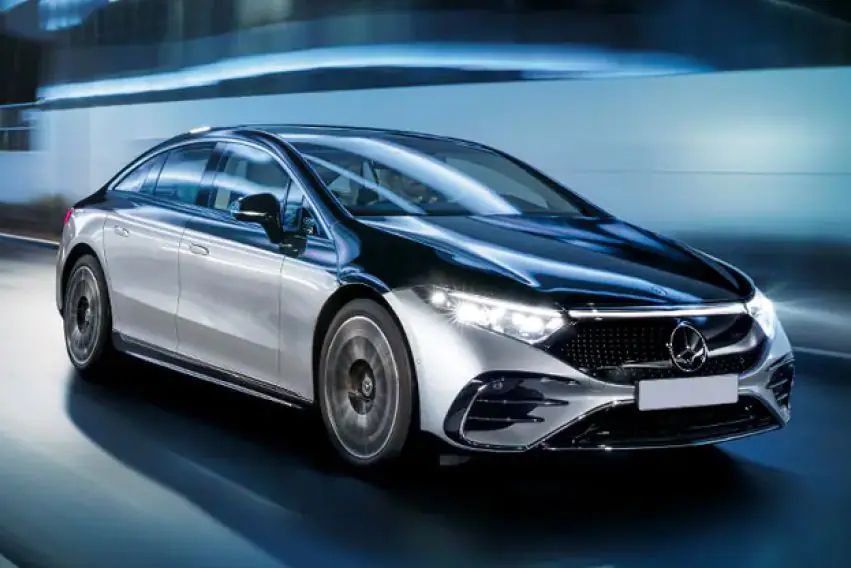
Battery replacement cost
Although electric cars need a little maintenance including brake fluid top-ups and regular battery inspection, the cost of battery replacement is high. Depending on the kind and usage, the battery pack of electric vehicles needs replacement every 3-10 years. However, these days automakers are giving a warranty of eight years for the batteries along with a standard two-year vehicle warranty.
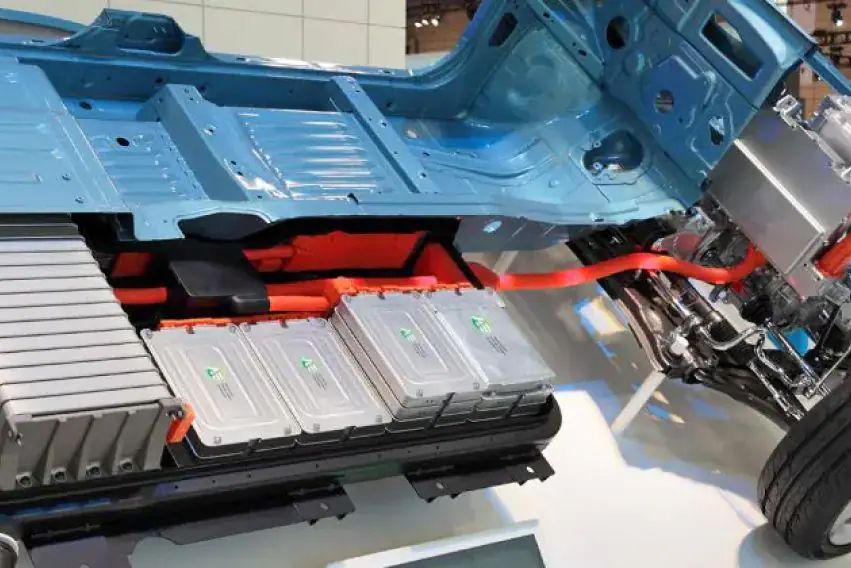
Summing up
In the end, we conclude that the EVs do provide some significant benefits over their fuel-powered vehicles but those merits come at a cost. You need to invest a steep amount initially and also you need to rely on battery charging. So, while buying an EV, consider your situation and needs and then go ahead.
For more information on electric vehicles, stay tuned to Zigwheels Malaysia.
Also read: How safe are electric vehicles?
Malaysia Autoshow
Trending & Fresh Updates
- Latest
- Popular
You might also be interested in
- News
- Featured Stories
Featured Cars
- Latest
- Upcoming
- Popular
Latest Car Videos on Zigwheels







